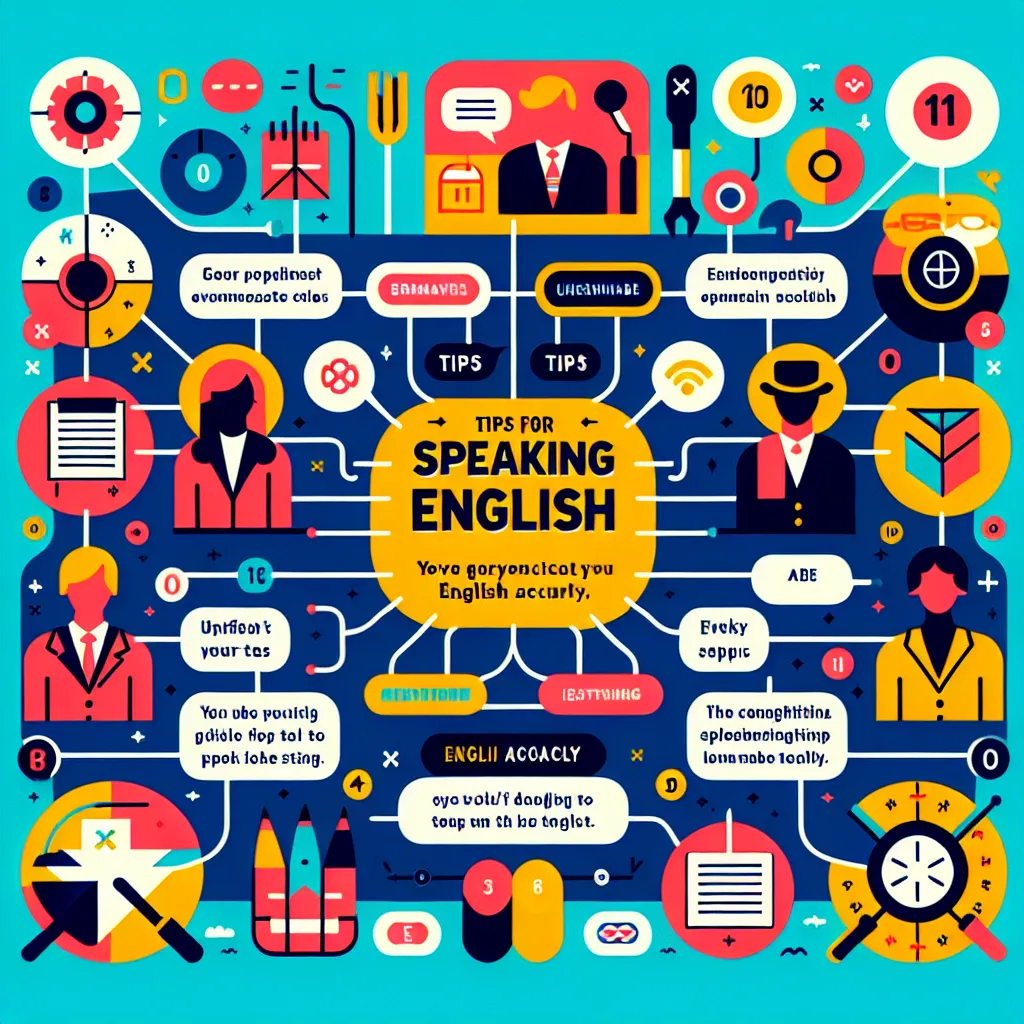Reading comprehension is a crucial skill for mastering the English language. Whether you’re preparing for an exam, studying for academic purposes, or simply trying to improve your overall language proficiency, having strong reading comprehension skills is essential. In this article, we’ll explore ten effective tips to enhance your English reading comprehension abilities.
Understanding the Importance of Reading Comprehension
Before diving into the tips, it’s important to understand why reading comprehension is so vital. Reading comprehension goes beyond simply recognizing words on a page; it involves understanding the meaning, context, and implications of what you’re reading. This skill is fundamental for academic success, professional development, and even everyday communication in English.
 English reading comprehension
English reading comprehension
1. Start with the Right Reading Level
One of the most important tips for improving your English reading comprehension is to choose texts that match your current language level. Reading material that’s too difficult can be discouraging, while texts that are too easy won’t challenge you enough.
How to determine your reading level:
- Take online placement tests
- Consult with an English teacher or tutor
- Try the “five-finger rule”: Read a page and count unknown words. If there are more than five, the text may be too challenging
2. Expand Your Vocabulary
A strong vocabulary is the foundation of good reading comprehension. The more words you know, the easier it will be to understand complex texts.
Vocabulary-building strategies:
- Keep a vocabulary journal
- Use flashcards or vocabulary apps
- Read widely across different genres and topics
- Practice using new words in context
3. Practice Active Reading
Active reading involves engaging with the text rather than passively scanning it. This approach helps you stay focused and retain information better.
Active reading techniques:
- Highlight or underline key points
- Take notes in the margins
- Summarize each paragraph in your own words
- Ask questions about the text as you read
4. Improve Your Reading Speed
While it’s important to read carefully, improving your reading speed can help you process information more efficiently. However, make sure you’re not sacrificing comprehension for speed.
Tips for increasing reading speed:
- Use a finger or a pen to guide your eyes
- Practice timed reading exercises
- Avoid subvocalization (saying words in your head as you read)
- Expand your eye span to take in more words at once
5. Use Context Clues
When you encounter unfamiliar words or phrases, try to deduce their meaning from the surrounding context. This skill is crucial for both reading comprehension and vocabulary expansion.
How to use context clues:
- Look for synonyms or antonyms in the same sentence or paragraph
- Consider the overall theme or topic of the text
- Analyze the sentence structure and word function
 Context clues in reading
Context clues in reading
6. Develop Prediction Skills
Predicting what might come next in a text can help you stay engaged and improve your understanding. This skill also helps you connect new information with your existing knowledge.
Prediction exercises:
- Read headlines or titles and guess the content
- Make predictions after each paragraph about what will happen next
- Compare your predictions with the actual content
7. Practice Summarizing
Summarizing what you’ve read helps reinforce your understanding and identifies any gaps in your comprehension.
Summarizing techniques:
- Write a one-sentence summary of each paragraph
- Create a bullet-point list of main ideas
- Explain the text to someone else in your own words
8. Read with a Purpose
Having a clear purpose for your reading can improve your focus and comprehension. Before you start reading, ask yourself why you’re reading this particular text and what you hope to gain from it.
Reading purposes might include:
- Finding specific information
- Understanding the author’s main argument
- Analyzing the writing style
- Enjoying the story or content
9. Use Graphic Organizers
Graphic organizers like mind maps, Venn diagrams, and timelines can help you visualize and organize information from the text.
Benefits of graphic organizers:
- Identify main ideas and supporting details
- Understand relationships between concepts
- Remember information more effectively
10. Practice Regularly
Like any skill, reading comprehension improves with practice. Make reading in English a daily habit to see significant improvements over time.
Ways to incorporate regular reading practice:
- Set aside dedicated reading time each day
- Join an English book club
- Read news articles or blog posts in English
- Use English subtitles when watching movies or TV shows
Conclusion
Improving your English reading comprehension is a gradual process that requires patience and consistent effort. By implementing these ten tips, you can enhance your ability to understand, analyze, and enjoy English texts. Remember, the key to success is regular practice and a willingness to challenge yourself with new and diverse reading materials.
Whether you’re preparing for an exam, aiming to advance in your career, or simply looking to enrich your English language skills, strong reading comprehension will serve you well. Keep practicing, stay curious, and watch your English proficiency soar!




